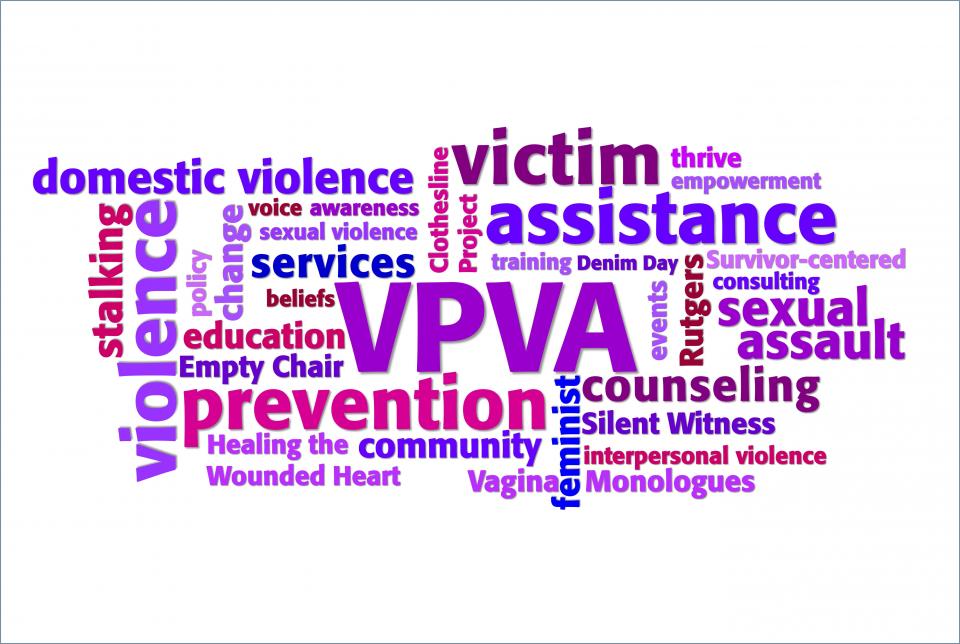Working Title: The Normalization of Rape Culture on College Campuses
Topic
I will explore the ways that rape culture is normalized and accepted on college campuses and how it contributes to the overall idea of rape culture. This paper will connect how victims are always blamed, how hookup culture greatly affects rape culture, how Greek life plays a big role, and ways rape culture is portrayed on social media.
Research Question
How does rape culture exist on college campuses and does that contribute to a large scale of rape culture nationally and/or globally? Where did rape culture dervice from? Or is rape culture an idea made up by first world feminists trying to create nonexistent issues?
Theoretical Frame
The Self-Control Theory of Crime (sometimes referred to as General Theory of Crime) first proposed by Travis Hirschi and Michael Gottfredson explains how an individual lacking self-control may be the main reason as to why they commit criminal behavior, such as rape or sexual assault. This theory may be used to explain how and why the statistics of rape are high on college campuses and why the rape culture continues to thrive. I think it will play a big role in analyzing the victim blaming that occurs. For example, saying that a woman’s outfit or her being drunk was the reason she got raped, leading on to the idea that the perpetrator (normally a man) has no self-control to stop himself from sexually assaulting a woman simply because of her outfit or state of mind. The Self-Control Theory will also help analyze ways Greek life and social media further push the idea of rape culture on college campuses. Anyone is able to rape or sexually assault someone, but people will low self-control are more likely to commit that crime.
The paper Sexual Assault on The College Campus - Fraternity Affiliation, Male Peer Support, and Low Self-Control by Cortney A. Franklin, Leana Allen Bouffard, and Travis C. Pratt conducted a research in 2007 on 255 male undergraduate students to study the effects of all male peer groups and other variables on whether they affect sexual assault through “abuse-facilitating” attitude and behaviors. In this study, they found that men in fraternities were more likely to self-report sexual assault, more likely to to receive support from their friends to use abuse to do sexual acts, reported higher levels of peer pressure from friends to have sex, consumed pornorgraphy more frequently, and consumed more alcohol than non fraternity members. But there were no significant differences between fraternity members and non fraternity members when it came to their attachments to abusive peers, gender role ideologies, loyalty to group secrets, perceptions of deterrence, or illegal drug use. Men who self-reported sexual assaults agreed on group secrecy more, consumed pornography more frequently than men who did not sexually assault, and used more alcohol and drugs than non sexually-assaultive men. The most interesting part of this study was that there were no significant differences in the level of self-control between fraternity and non fraternity members, yet those who self-reported sexual assault had lower levels of self-control. (Bouffard, Cortney, Pratt) This study will aid my analyzation of how the Self-Control Theory explains sexual assault and rape culture. It will even help in my discussion of Greek life and its affect on rape culture.
Case
The case I will refer back to throughout my paper is the extremely well known case of People V Turner that occured in 2015. In this case, a male undergraduate student, a member of a fraternity at Stanford University, named Brock Turner, was arrested for sexually penetrating an intoxicated and unconscious woman. Turner was charged with five counts of sexual assault, but was found guilty on three of those felony sexual assault charges. The convictions could have landed him up to fourteen years in prison, but the prosecutors recommended just six years in prison and probation officials recommended a short jail sentence. Turner’s father protested any prison statement by saying it was a “steep price to pay for 20 minutes of action out of his 20 plus years of life”. This statement alone contributes so many unspoken words to rape culture; his father is undermining the seriousness of sexually assaulting an unconscious woman by calling it twenty minutes of action. The judge on this case, Judge Aaron Persky, ended up sentencing Turner to only six months in jail followed by three years of probation, and a life long registration as a sex offender, yet Turner only served three months in jail. This case will support my argument that rape culture is still very prevalent on college campuses, within fraternities and Greek life, as well as a national problem. This case connects with the Self-Control Theory and the research study I found about college men in all-male groups in relation to sexual assault. The research study of two hundred college men is based on a factual study and is proven through a real life example of one college man in a fraternity and his sexual assault. In Brock Turner’s case, he interpreted the evening as just another potential hookup whereas the victim experienced the evening as a traumatic and life-changing event, which is where the idea of hookup culture relates to this.
